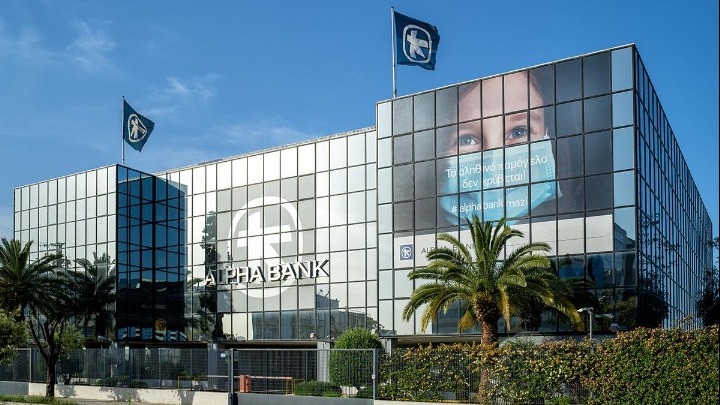Circular economy practices and policies adopted by government bodies,
businesses and consumers can have significant contributions to reversing adverse
environmental changes, by also addressing corporate responsibility and ESG
criteria. Although circular economy practices and applications are gaining
momentum over the linear economic model and are supported by institutional
policy frameworks, there are still barriers and challenges that lie ahead. In order to
reach a productive synthesis of the two models, the prevailing, linear economic
model should be substantially infused with circular economy principles.
According to Alpha Bank's "Circular economy and applications in various sectors" research, rising temperatures provoked intense droughts and heatwaves and played a determinant role in the intensiveness and disastrous effects of the Greek wildfires in summer 2021. Human-induced global warming, extended waste pollution, world population increase, and the abatement of resources signify the priority to substantially alter production and consumption patterns.
To achieve the climate targets and contain the environmental effects of pollution and waste generation, we need a fundamental shift in economic values and procedures applied by businesses, consumers and governments. The shift pertains to the gradual synthesis of the linear and the circular economic model.
The European Commission (EC) defines the circular economy as a system in which “the value of products, materials and resources is maintained in the economy for as long as possible and the generation of waste is minimised’’.
Waste generated by all economic activities and households in Greece has increased since 2004, and more than doubled in 2016, while in 2018, it fell cumulatively by 34%, with the majority generated from mining and quarrying. The two most common packaging waste types in Greece and the EU-27 are paper and cardboard packaging and plastic packaging.
Waste management refers to the ways, actions and processes with which waste is handled, collected, transported, treated and disposed after being generated. Disposal, such as landfilling, and recovery of waste, which includes recycling, are the two main processes of waste treatment.
Disposal of waste accounted for 85% of total waste treatment and recovery for only 15% (2018). Regarding municipal solid waste, its largest part in Greece is treated in landfills and other forms of disposal (78%) and only 21% is recycled.
Find out more.















